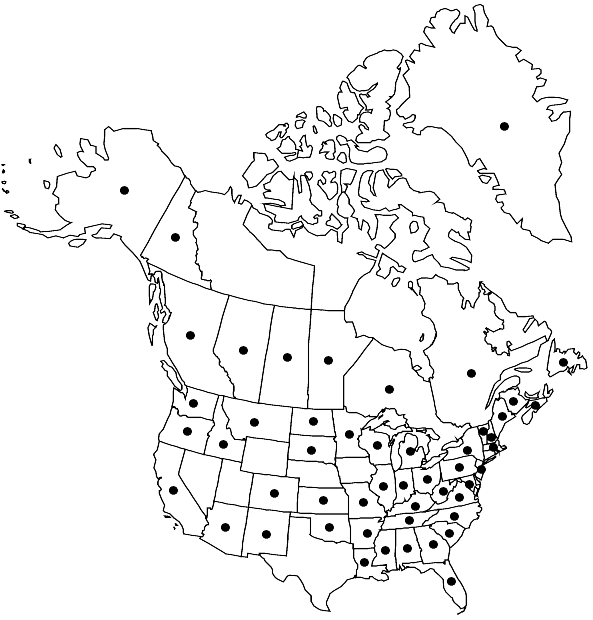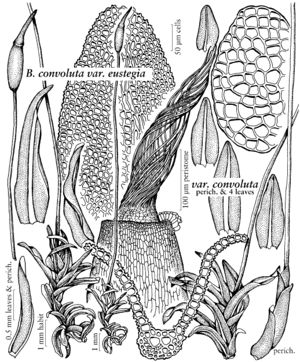Difference between revisions of "Barbula convoluta var. convoluta"
Synonyms: Barbula closteri Austin Barbula convoluta var. obtusata unknown
FNA>Volume Importer |
FNA>Volume Importer |
||
| Line 7: | Line 7: | ||
|name=Barbula closteri | |name=Barbula closteri | ||
|authority=Austin | |authority=Austin | ||
| − | }}{{Treatment/ID/Synonym | + | }} {{Treatment/ID/Synonym |
|name=Barbula convoluta var. obtusata | |name=Barbula convoluta var. obtusata | ||
|authority=unknown | |authority=unknown | ||
| Line 48: | Line 48: | ||
|publication year= | |publication year= | ||
|special status= | |special status= | ||
| − | |source xml=https://jpend@bitbucket.org/aafc-mbb/fna-data-curation.git/src/ | + | |source xml=https://jpend@bitbucket.org/aafc-mbb/fna-data-curation.git/src/8f726806613d60c220dc4493de13607dd3150896/coarse_grained_fna_xml/V27/V27_762.xml |
|subfamily=Pottiaceae subfam. Barbuloideae | |subfamily=Pottiaceae subfam. Barbuloideae | ||
|genus=Barbula | |genus=Barbula | ||
Revision as of 16:57, 18 September 2019
Specialized asexual reproduction, when present. as spheric tubers on proximal rhizoids buried in soil. Perichaetial leaves highly differentiated, closely sheathing, apex obtuse to rounded and laminal cells mostly rhomboid and smooth throughout.
Phenology: Capsules mature spring–summer (Mar–Aug, Jun).
Habitat: Rock, soil, sand, thin soil on rock, gravel, lava, cement, often associated with limestone or dolomite, bricks and mortar, walls, stumps, woods, fields
Elevation: low to high elevations (10-3300 m)
Distribution

Greenland, Alta., B.C., Man., N.B., Nfld. and Labr. (Nfld.), N.S., Ont., Que., Sask., Yukon, Ala., Alaska, Ariz., Ark., Calif., Colo., Fla., Ga., Idaho, Ill., Ind., Kans., Ky., La., Maine, Md., Mass., Mich., Minn., Miss., Mo., Mont., N.H., N.J., N.Mex., N.Y., N.C., N.Dak., Ohio, Okla., Oreg., Pa., S.C., S.Dak., Tenn., Vt., Va., Wash., W.Va., Wis., Central America, Eurasia, Pacific Islands (New Zealand).
Discussion
Selected References
None.
Lower Taxa
None.
... more about "Barbula convoluta var. convoluta"
Greenland +, Alta. +, B.C. +, Man. +, N.B. +, Nfld. and Labr. (Nfld.) +, N.S. +, Ont. +, Que. +, Sask. +, Yukon +, Ala. +, Alaska +, Ariz. +, Ark. +, Calif. +, Colo. +, Fla. +, Ga. +, Idaho +, Ill. +, Ind. +, Kans. +, Ky. +, La. +, Maine +, Md. +, Mass. +, Mich. +, Minn. +, Miss. +, Mo. +, Mont. +, N.H. +, N.J. +, N.Mex. +, N.Y. +, N.C. +, N.Dak. +, Ohio +, Okla. +, Oreg. +, Pa. +, S.C. +, S.Dak. +, Tenn. +, Vt. +, Va. +, Wash. +, W.Va. +, Wis. +, Central America +, Eurasia + and Pacific Islands (New Zealand). +
Rock, soil, sand, thin soil on rock, gravel, lava, cement, often associated with limestone or dolomite, bricks and mortar, walls, stumps, woods, fields +
Present +
Sp. Musc. Frond., +
Barbula convoluta var. convoluta +
Barbula convoluta +
variety +
